‘City killer’ asteroid now has 3.1% chance of hitting Earth: NASA
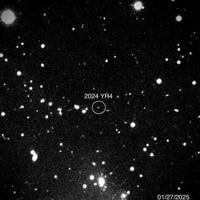
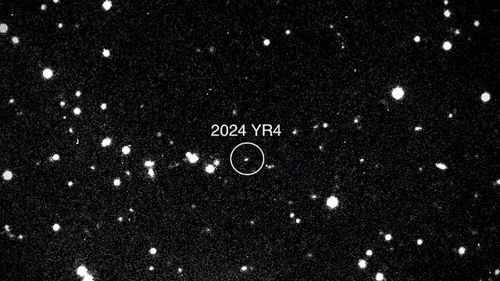
"I'm not panicking," Bruce Betts, chief scientist for the nonprofit Planetary Society told AFP. "Naturally when you see the percentages go up, it doesn't make you feel warm and fuzzy and good," he added, But as astronomers gather more data, he explained, the probability will likely edge up before rapidly dropping to zero.
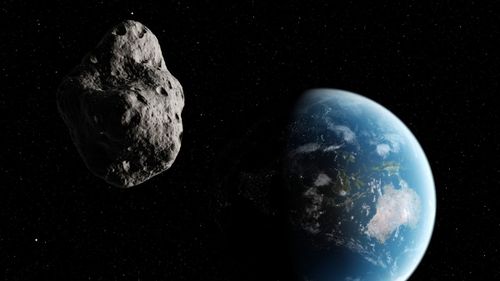
The probability that a major asteroid, big enough to wipe out an entire city, will hit Earth in 2032 has just increased to 1 in 32, or 3.1%, according to NASA. On Feb. 7, NASA increased the likelihood that asteroid 2024 YR4 will hit Earth in seven years time from 1.2% to 2.3%. The odds of impact then climbed to 2.6%, and are now at 3.1%, according to the latest data on NASA's Center for Near Earth Object Studies website.
Astronomers have been calculating the likelihood of the asteroid hitting Earth with greater precision as they gather more data. It is estimated as being anywhere from 131 feet to 295 feet wide, with the potential of releasing the energy equivalent to almost 8 megatons of TNT, or 500 times the power of the atomic bomb the United States dropped on Hiroshima, Japan, during World War II, if it and the Earth collide.

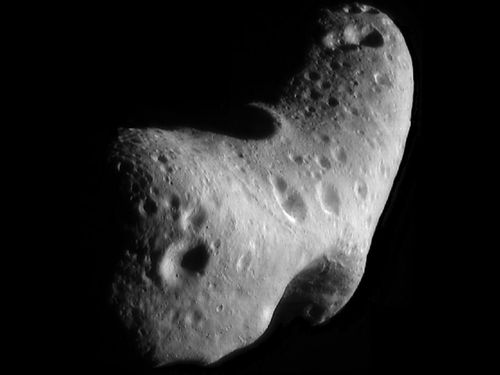
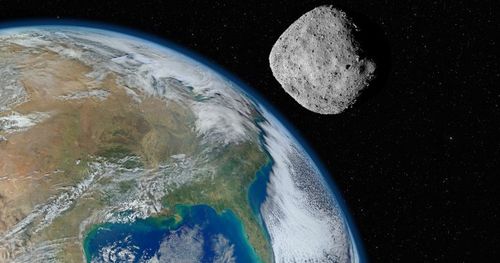
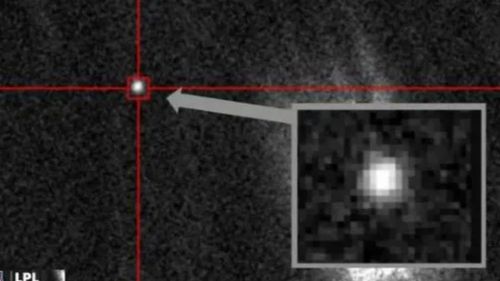
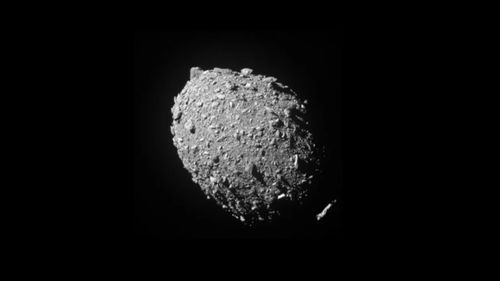
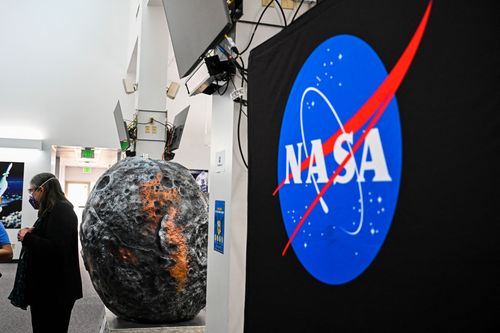
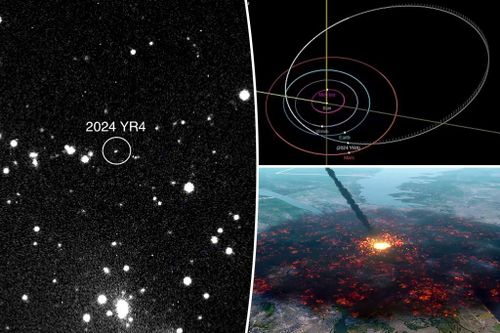
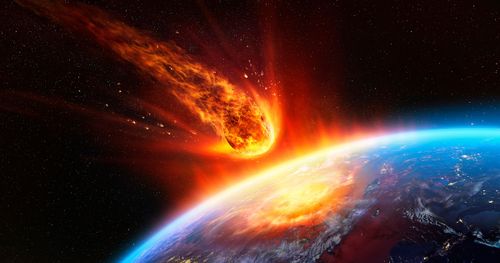
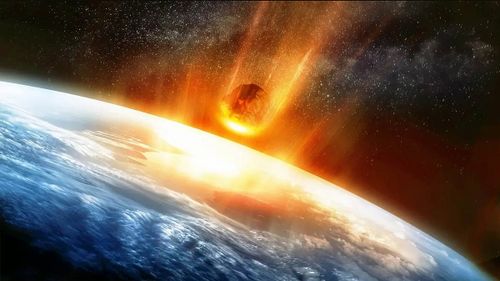
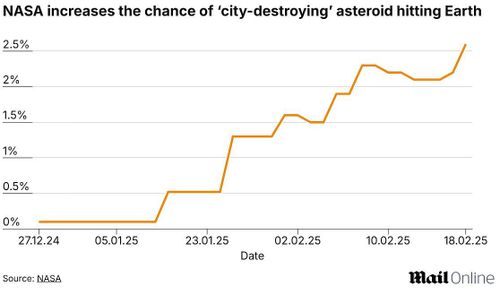
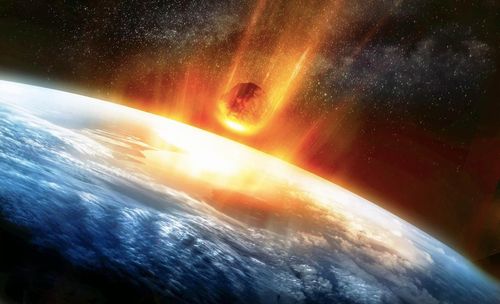
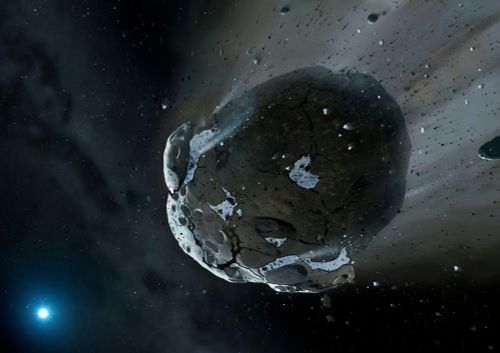
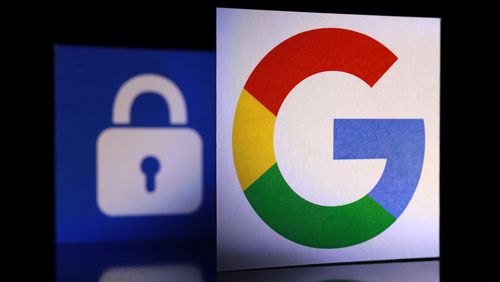
14h ago — Your life may revolve around your Gmail, Google Drive, Google Photos, and YouTube, but you can be banned from using them. Here's how to respond.
 SlashGear
SlashGear
14h ago — Google enables marketers to target people with serious illnesses and crushing debt—against its policies—as well as the makers of classified defense technology, a WIRED investigation has found.
 Wired
Wired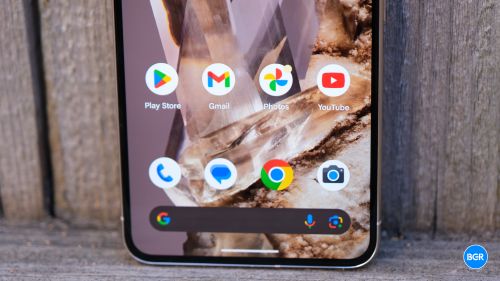
14h ago — Google no longer bans advertisers from using fingerprinting tech to track users across the web and devices, and it's all for ad money.
 BGR
BGR
3d ago — The Trump administration is exploring nationwide measures to prevent foreign ownership of American agricultural land.
 yournews.com
yournews.com
2d ago — The so called Covid ‘vaccines’ may soon be suspended for all age groups in the US under radical new plans backed by key health figures in the Trump Administration. Several experts who are positioned for [...]